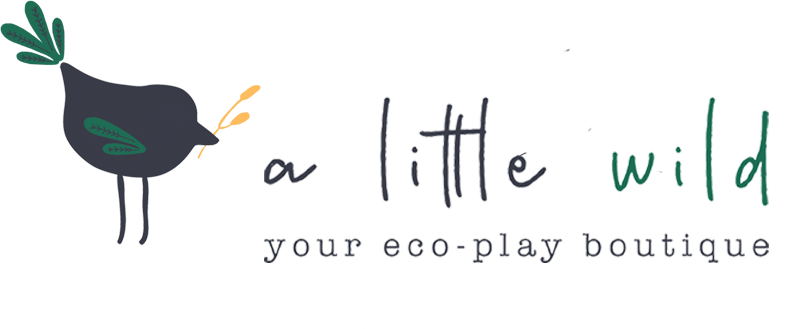Benefits of Free Play
“Play needs to be respected and valued as meaningful learning.” Playcentre Aotearoa
When I had my first child, I had all these grand ideas about providing the perfect childhood. As parents, it’s only natural that we want the best for our children, but I thought she needed the picture-perfect nursery and every toy a child could ever want. It took me a year or two, but the more I learnt about brain development and play, the more I realised it was much simpler than I had originally thought.
Babies need their physical and emotional needs met. It is the relationship with their primary caregiver that is important. To start with looking at mum’s face while feeding is all the exploration they want. As their world grows, they naturally want to investigate and explore everything. At this stage their little brains are growing so fast. You can almost see it happen as they change almost daily, learning and honing new skills as they play.
“These early years are important. The majority of brain development occurs from conception to age one and continues at a rapid pace through the first few years.” Brainwave Trust, New Zealand
As they get a little older and their brains have developed more it is easy for us to expect too much from them. Nathan Wallis talks about the importance of building social and emotional intelligence over formal learning. He also talks about the importance of open-ended, child led, creative play. “between 3 and seven years you want them to be a thinker, you want them to be creative, you want them to be divergent. That means avoiding right and wrong answers.”
Open-ended play, or free play, allows children the room to discover the world around them and who they are.
If you give a child of any age the time and space for open-ended play, they will astound you! They are born little problem solvers. They will learn by doing and figuring out how things work. They aren’t bound by the same limitations that we, as adults, are. They can often come up with creative ways of using equipment we would never think of and this allows them to create working theories about the way the world works. As a parent, if you can provide play experiences that are open-ended, you have the ability to empower their creativity and imagination. By removing the concept of "doing it wrong” or “making a mistake”, we give them the freedom to learn. Children will use those items however they need for the learning that currently interests them. It’s at these times where you often start to see different play and learning schemas develop (more about these another time!).
I was lucky enough to discover Playcentre when my eldest daughter was 15mths. It was there I first discovered free play. They also introduced me to the concept of an “invitation to play,” where you set up an area for children to discover in their own way. It can be anything from setting up playdough with a few tools and some natural resources from the garden to putting wooden blocks next to a bunch of animals. It could also be as simple as a bucket of water and a bowl full of flowers (do you remember making perfume as a kid?). Investing in quality toys and equipment that can be used in multiple setups as opposed to buying into commercial consumerism, the idea that more is best, allows you and your children the flexibility to play and learn in their own way. Get out in nature, it is the perfect environment for inspiring open-ended play. It gives children the opportunity to take risks and challenge themselves. And it’s good for the soul, great for the imagination - and who doesn’t want to inspire the next generation of nature lovers?
-Rebecca

